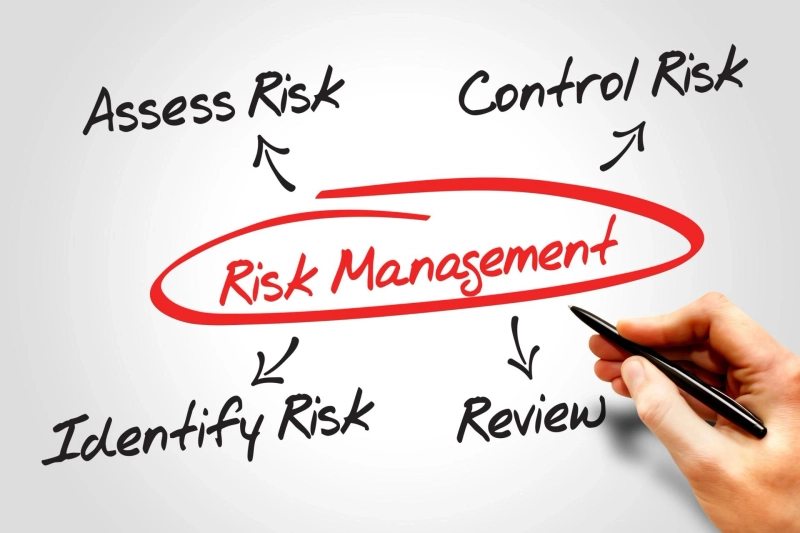Security Risk Management - An Overview of Courses
Whether you’re looking to complete a security risk management course on your own or through your organisation, it’s important to understand what the program is ...


Whether you’re looking to complete a security risk management course on your own or through your organisation, it’s important to understand what the program is ...

